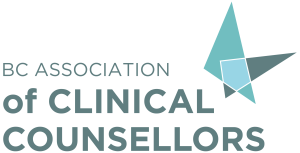To remain a member in good standing, membership with BCACC must be renewed yearly.
2024 Membership Renewal Information
Membership renewal will be available to BCACC Registered and Inactive members on September 15, 2023. Members can access the membership renewal process in the Member Portal section of our website: https://members.bcacc.ca/login.
Important Dates
September 15 2023
Renewal is open to the membership.
November 30, 2023
Last day to submit a payment plan. Payment plans will not be accepted after November 30, 2023. Members will need to pay the full amount in one payment after this date.
December 31, 2023
Last day of the 2023 membership year.
January 1, 2024
First day of 2024 membership year. Memberships not renewed by this date will be considered not in good standing.
February 1, 2024
Late renewal fees come into effect.
March 1, 2024
Memberships that have not been renewed will be terminated.
Membership Types
Registered Membership – Annual Fee $436
Regular membership is available to qualified counselling professionals. These professionals can identify themselves as Registered Clinical Counsellors and may use the RCC designation. This membership type and designation is for counsellors in private practice, or for counsellors in volunteer roles, full or part-time employment with agencies, government, or school environments. Insurance is required for the duration of this membership.
Inactive Membership – Annual Fee $120
Inactive membership may be suitable if you are taking a leave from the profession, such as parental leave, medical leave, or sabbaticals.
Insurance is required for the duration of this membership.
This status is only available for periods longer than 6 months.
Use of the RCC designation is not permitted while a member holds inactive status.
BCACC Student Membership – Separate renewal process
Master’s students who belong to the association will renew their memberships on the anniversary of their joining and not at the same time as the RCC membership.
Retiring from practice?
Members who are retiring from practice are encouraged to contact the BCACC to inform them of their intentions. Members who carry Mitchell & Abbott insurance who retire from practice may be eligible for seven years of post-practice coverage. However, members who are terminated for non-renewal do not receive this service. Please contact [email protected] to let us know of your intention to retire.
Professional Liability Insurance
Professional liability insurance is a requirement for membership with BCACC. Members can contact Mitchell and Abbott directly for more information about insurance.
To streamline processes, professional liability insurance occurs around the same time as BCACC membership renewal. 2023 professional liability insurance available through Mitchell & Abbott will expire on January 1, 2024. The new term is January 1, 2024 – January 1, 2025. Mitchell & Abbott will provide renewal links at the end of October/early November, so please watch your email and be sure to renew your insurance prior to January 1, 2024.
Professional Practice Hours
As the profession of clinical counselling moves towards regulation, it will be important for BCACC Members to start to keep track of how many practice hours they are working per year. This year, BCACC is asking members to provide an estimate of the number of hours spent in professional practice as a Registered Clinical Counsellor in 2023. To complete membership renewal, members should have this estimate available at the time they complete their membership renewal.
What counts as a professional practice hour?
You can count practice hours if:
- You held an active registered BCACC membership during the period being reported;
- You practised according to the BCACC Scope of Practice, the BCACC Code of Ethical Conduct, and the BCACC Standards of Practice.
Ways to acquire practice hours:
- Paid employment in an RCC/psychotherapy role
- Self-employment in an RCC/psychotherapy role
- Professional development activities, such as structured education (e.g., a workshop, course, or program of study) undertaken as part of your RCC/psychotherapy practice
- Regulatory college, or RCC/psychotherapy association work
- Volunteer hours can be counted if the position is with an organization, a special event, or a humanitarian organization and you are able to provide satisfactory evidence to BCACC (if requested) that the volunteer work completed meets the BCACC Code of Ethical Conduct and BCACC Standards of Practice.
Further examples include:
- Client Counselling: Providing individual, couple, family, or group counselling sessions to clients under the supervision of a qualified supervisor or while holding an active registered BCACC membership
- Assessment: Conducting assessments, evaluations, and diagnostic-style interviews with clients to understand their mental health and develop treatment plans
- Supervision and Consultation: Time spent in supervision meetings with a qualified supervisor to discuss cases, receive guidance, and ensure ethical and effective counselling practices
- Documentation and Record-Keeping: Hours spent on administrative tasks, including maintaining client records, progress notes, and treatment plans
- Professional Development: Attending workshops, conferences, seminars, and courses relevant to the counselling field that contribute to ongoing professional development
- Research and Program Development: Engaging in research related to counselling or contributing to the development of counseling programs and interventions
- Crisis Intervention: Providing crisis intervention and support to clients during times of acute distress or emergencies
- Outreach and Education: Hours dedicated to community outreach, education, and advocacy related to mental health and counseling services
*Practice hours should not be confused with seniority hours in a union.
What doesn’t count as a professional practice hour?
You can only count hours where you were engaged in clinical counselling/psychotherapy practice. You may NOT count:
- Time absent from work for reasons such as sickness, vacation, maternity, parental, education, disability, or another type of leave
- Hours worked in a role that does not require the RCC designation
- On-call hours (but not actually working)
- Hours working in a job predominantly selling products
- Time spent caring for family members or friends/neighbours
- Time spent in a learning capacity (e.g., a course or certificate program) that is not directly related to clinical counselling/psychotherapy practice
Continuing Education Reporting
Continuing Education credits are not required for membership renewal.


